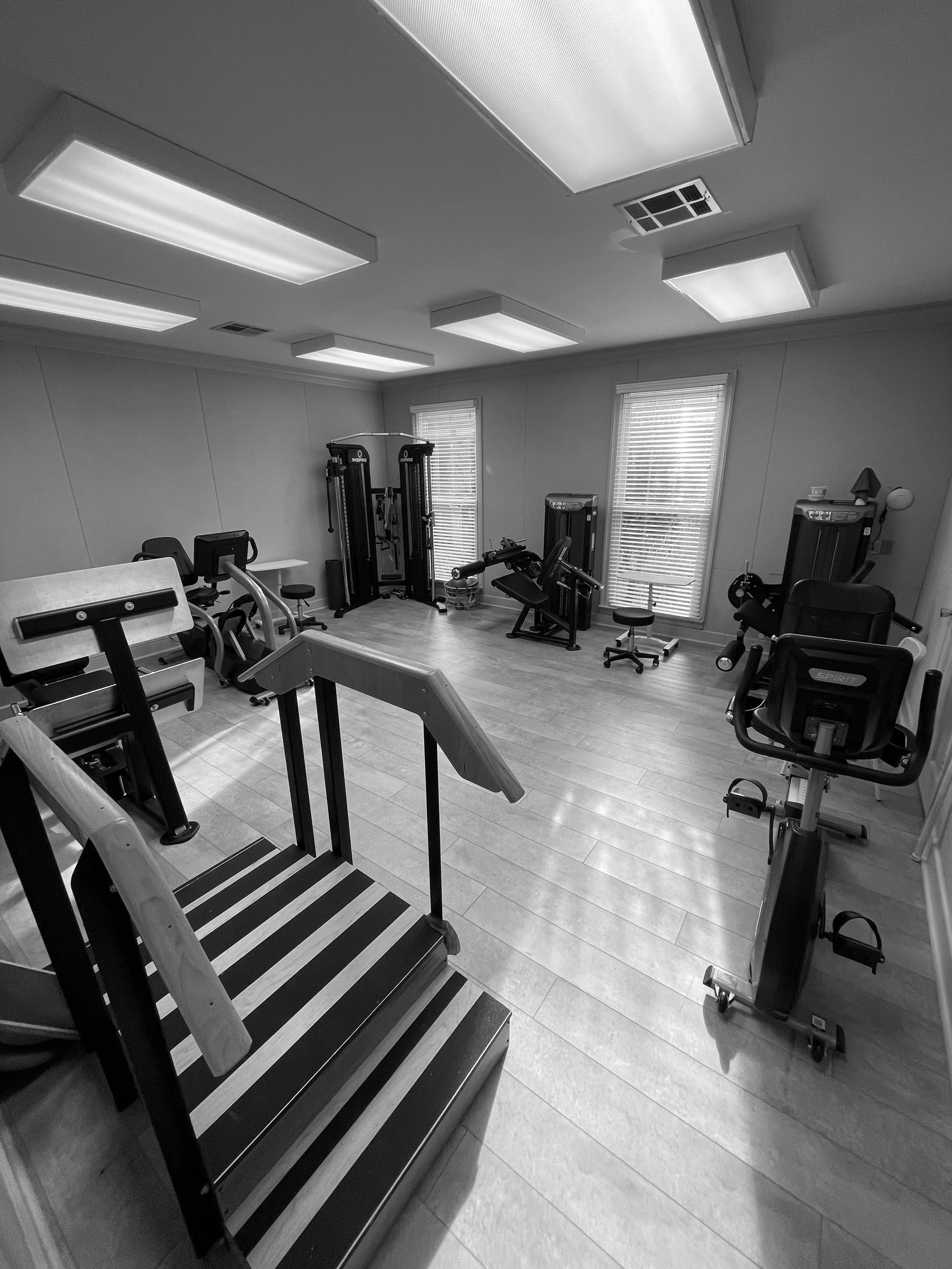
Physical Therapy Services
Orthopedic Conditions
Orthopedic physical therapy involves the care of your entire musculoskeletal system, which includes your bones, muscles, ligaments and tendons, joints, and connective tissue. Our physical therapists have 42 years of experience combined treating orthopedic conditions. We will evaluate and assign a physical therapy diagnosis to your condition. This will include determining the appropriate movement diagnosis, creating a treatment plan, administering therapeutic care and educating you about how to manage your current injury to prevent further injury. Orthopedic physical therapy can be a primary or complementary treatment option for the following types of musculoskeletal conditions:
Vestibular Dysfunction & Balance Conditions
The vestibular system refers to the internal part of the ear that is responsible for the balance. Our vestibular therapy program provides clients with the best care including exercises, self-care routines, and preventing falls.
Common symptoms that can be alleviated with vestibular rehabilitation include:
Dry Needling for Acute and Common Pain Dysfuctions
Dry needling therapy helps relieve muscular pain, and it also increases the range of motion. The procedure entails the insertion of filiform needles into the skin. It is a minimally invasive form of treatment that can help relieve pain. The needles are short fine stainless steel. The needles are inserted in the trigger points in your tissue or muscle.
arthritis
bursitis
frozen shoulder
knee instability
joint pain
low back pain
plantar fasciitis
carpal tunnel syndrome and other nerve entrapment syndromes
scoliosis
post-surgical joint replacement
post-surgical ligament reconstructions and tendon repairs
Lymphedema
The lymphatic system is crucial to the immune system. Lymphedema occurs when there is a blockage in this system. With the right lymphedema treatment, you can control it. Often, the condition affects people who have had surgery where the lymph nodes get removed or damaged. Primary and secondary lymphedema are the two types of lymphedema. Mutations in some genes responsible for lymphatic system development cause primary lymphedema, which interferes with their ability to drain fluids. Secondary lymphedema has various causes. They include: cancer surgery, radiation, severe infection/cellulitis, injury/trauma, and cardiovascular conditions. Elevate physical therapists are skilled in the use of various methods to reduce pain and swelling with therapeutic exercises, manual lymphatic drainage, skin care, and pneumatic compression.
Dizziness or blurry vision with head movements
Neck tightness, stiffness and/or pain
Imbalance or the need to hold onto objects when walking
Headaches
Frequent falls
Generalized “dizziness, wooziness and foggy head” feelings
Vertigo/spinning
LSVT BIG
LSVT BIG is a specialized treatment for those with Parkinson’s Disease and other movement disorders. It is a standardized treatment protocol that is customized to the unique goals of each individual. LSVT BIG can be adapted or progressed to meet each patient’s needs across a range of disease severity and impairments. The goal of LSVT BIG is to restore normal movement patterns in everyday activities.
16 sessions, 4 consecutive days a week for 4 weeks
60-minute one-on-one therapy sessions
Daily home exercise practice
Oncological Conditions
Elevate physical therapists are skilled in management of the musculoskeletal, neuromuscular, integumentary and cardiopulmonary rehabilitative needs of clients living with and beyond cancer diagnoses. Cancer and its treatments, including surgery, chemotherapy, radiation therapy, and hormone therapy, can result in physical impairments. Physical therapy assists individuals who have been diagnosed with cancer to recover from these impairments – and in some cases to help prevent them all together. Our goal is to help you optimize your physical function, independence, and overall quality of life.
Neurological Conditions
Some injuries can affect your brain, thus affecting your quality of life. Working with our physical therapist can help you regain independence. The faster you start therapy, the better your recovery chance. Clients with neurological diagnoses that we serve include:
Neuromuscular Disorders
Alzheimers & Memory Disorders
Brain Injury Rehabilitation
Brain Tumor
·
Multiple Sclerosis
Parkinsons
Concussion Management
Stroke Rehabilitation
Cardiopulmonary Conditions
If you have a condition affecting the heart or the lungs, you can benefit from physical therapy. We address exercise and movement as it relates to conditions such as heart disease, heart attacks and chronic obstructive disease.
